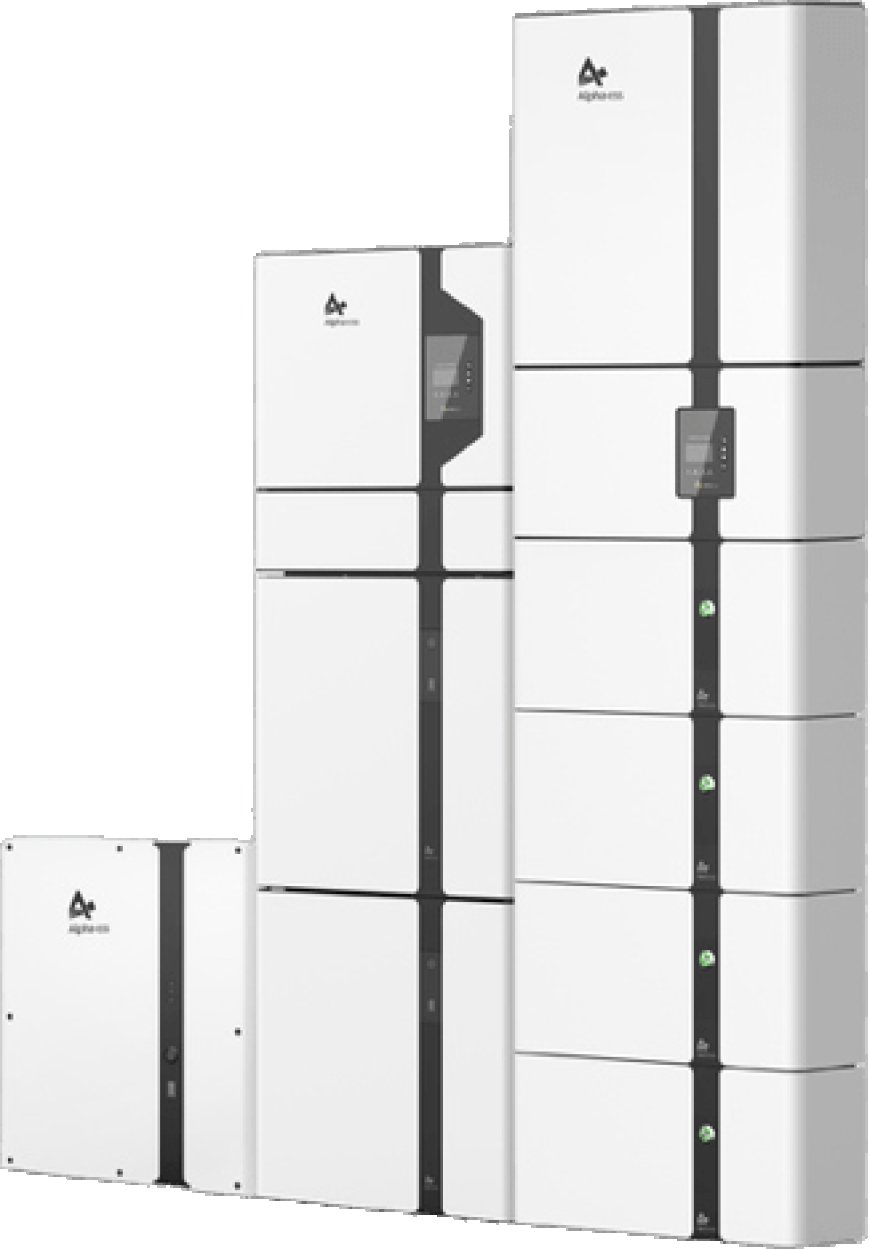Eco-Friendly Electricity: Exploring the Benefits of Solar Battery Chargers
Solar battery chargers are devices that convert sunlight into electrical energy, which is then used to charge batteries. These chargers are equipped with photovoltaic (PV) panels that capture solar energy and transform it into a usable form of electricity.

As the world shifts towards more sustainable energy solutions, solar battery chargers have emerged as a pivotal technology. Solar battery chargers harness the power of the sun to recharge batteries, providing a renewable and eco-friendly alternative to conventional electricity. In this comprehensive guide, we delve into the myriad benefits of solar battery chargers and their role in promoting eco-friendly electricity.
Understanding Solar Battery Chargers
What Are Solar Battery Chargers?
Solar battery chargers are devices that convert sunlight into electrical energy, which is then used to charge batteries. These chargers are equipped with photovoltaic (PV) panels that capture solar energy and transform it into a usable form of electricity. They come in various sizes and capacities, catering to different energy needs, from small gadgets to large-scale solar power systems.
How Do Solar Battery Chargers Work?
The operation of solar battery chargers is based on the photovoltaic effect. When sunlight hits the PV panels, it excites the electrons in the solar cells, creating an electric current. This current is then directed to charge the batteries connected to the system. Advanced solar chargers are equipped with controllers that regulate the charging process, ensuring the batteries are charged efficiently and safely.
The Environmental Benefits of Solar Battery Chargers
Reduction in Carbon Footprint
One of the most significant advantages of solar battery charger is their potential to reduce carbon footprints. Traditional electricity generation relies heavily on fossil fuels, which release a substantial amount of carbon dioxide (CO2) into the atmosphere. In contrast, solar energy is clean and renewable, producing no greenhouse gas emissions during operation. By using solar battery chargers, individuals and businesses can significantly lower their CO2 emissions, contributing to a healthier planet.
Minimizing Energy Waste
Solar battery chargers also play a crucial role in minimizing energy waste. Conventional chargers often continue to draw power even when the battery is fully charged, leading to unnecessary energy consumption. Solar chargers, however, are designed to optimize energy use. Many models are equipped with smart charging technology that stops drawing power once the battery is fully charged, ensuring efficient energy use and reducing waste.
Economic Advantages of Solar Battery Chargers
Cost Savings on Electricity Bills
Investing in solar battery chargers can lead to substantial cost savings. By generating electricity from sunlight, users can reduce their reliance on the grid and lower their electricity bills. This is particularly beneficial in areas with high electricity costs. Over time, the savings on energy bills can offset the initial investment in solar charging equipment, making it a cost-effective solution in the long run.
Low Maintenance Costs
Another economic benefit of solar battery chargers is their low maintenance requirements. Solar panels have no moving parts, which means there is less wear and tear compared to conventional energy systems. Most solar chargers require minimal maintenance, primarily periodic cleaning and inspections, which further reduces the overall cost of ownership.
Technological Advancements in Solar Battery Chargers
Enhanced Efficiency
Technological advancements have significantly improved the efficiency of solar battery chargers. Modern PV panels are capable of converting a higher percentage of sunlight into electricity, making them more effective even in less-than-ideal weather conditions. Additionally, advancements in battery technology have led to the development of more efficient and longer-lasting batteries that can store more energy. The solar panel inverter takes the variable DC output from the solar panels and transforms it into a stable, grid-compatible AC output.
Portability and Versatility
Today's solar battery chargers are designed to be portable and versatile. Compact models are available for charging small devices like smartphones and tablets, making them ideal for outdoor activities such as camping and hiking. Larger, more powerful chargers can be used for residential and commercial applications, providing a versatile solution for various energy needs.
Practical Applications of Solar Battery Chargers
Residential Use
Homeowners can benefit from solar battery chargers by integrating them into their home energy systems. These chargers can be used to power household appliances, lighting, and even heating systems, reducing dependence on grid electricity and enhancing energy security.
Commercial and Industrial Use
Businesses and industries can also leverage the benefits of solar battery chargers. By incorporating solar energy into their operations, companies can reduce operational costs, improve sustainability, and demonstrate corporate social responsibility. Solar battery chargers can be used to power equipment, machinery, and backup systems, ensuring uninterrupted operations.
Emergency and Disaster Preparedness
Solar battery chargers are invaluable in emergency and disaster preparedness. During power outages or natural disasters, solar chargers can provide a reliable source of electricity for essential devices and communication systems. Their ability to operate independently of the grid makes them an essential tool for emergency preparedness kits.
Conclusion
Solar battery chargers represent a significant step towards a more sustainable and eco-friendly future. Their environmental benefits, coupled with economic advantages and technological advancements, make them an attractive option for both individuals and businesses. By adopting solar battery chargers, we can reduce our carbon footprint, minimize energy waste, and achieve greater energy independence.
What's Your Reaction?




















![Try Updated SAP C_S4EWM_2020 Exam Dumps: Ideal For Best Preparation [2024]](https://news.bangboxonline.com/uploads/images/202410/image_430x256_67173fb823010.jpg)